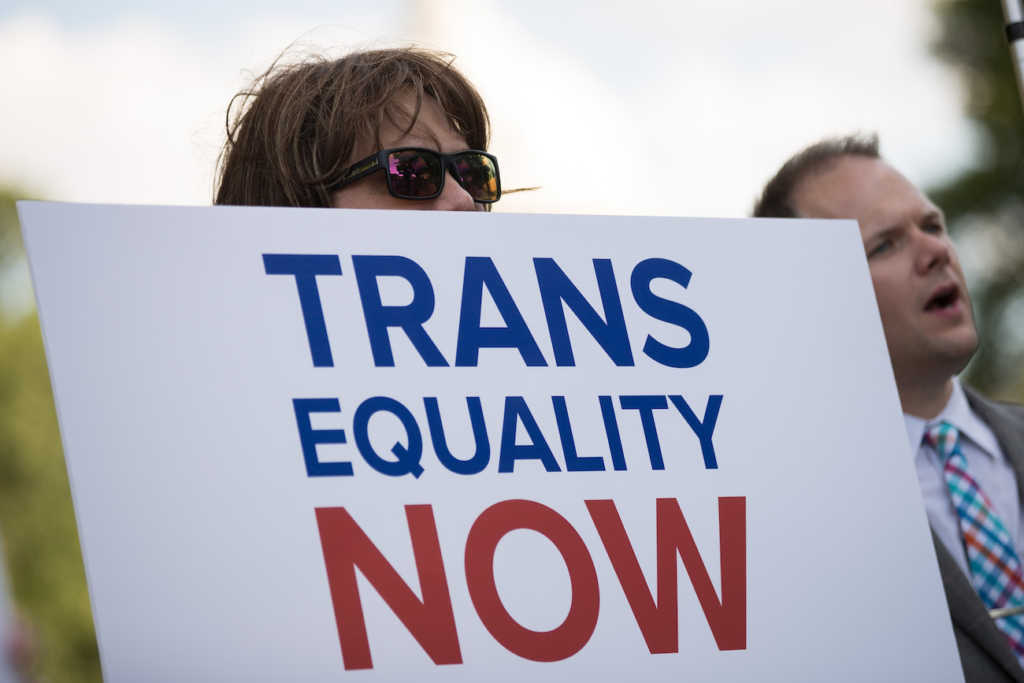A federal judge ruled this week that the state of Wisconsin must pay for the gender reassignment surgeries of two transgender Medicaid recipients.
U.S. District Judge William Conley, who is based in Madison, ruled Wednesday in favor of Cody Flack of Green Bay and Sara Ann Makenzie of Baraboo, both of whom sued Wisconsin in April, according to the Milwaukee Journal Sentinel.
Makenzie and Flack claimed in their suit that the state’s denial of coverage for transgender reassignment surgeries violated the Affordable Care Act and the right to “equal protections.”
Ex-Trans Woman’s Bold Testimony Lights Up Internet: ‘I Threw It Away to Follow Jesus’
The rule in question was enacted in 1996 and excluded coverage for “transsexual surgery.” Today, Wisconsin’s Medicaid program has a budget of roughly $9.7 billion to cover about 1.2 million eligible residents, 5,000 of whom identify as transgender.
Conley has issued a temporary injunction, barring the rule from being implemented. He went further, suggesting the injunction should be expanded to include “any transgender Medicaid patient whose doctor recommends the surgery.”
Students Forced to Watch LGBT Videos — Outraged Parents Stunned by School’s Response
In his 39-page ruling, the judge wrote, “The likelihood of ongoing, irreparable harm facing these two individual plaintiffs outweighs any marginal impacts on the defendants’ stated concerns regarding public health or limiting costs.”
Rock Pledl, a Milwaukee attorney representing the plaintiffs, said Flack could receive his transition surgery within the next two or three weeks. Makenzie, on the other hand, will likely have to wait a couple months until all the paperwork has been processed.
‘We Exist’: Former Gays and Transgenders Protest California’s Discriminatory LGBT Therapy Ban
Flack, who would like a mastectomy, has identified as male since the age of five, and Makenzie, who is seeking genital reconstruction surgery, has identified as female since 2012. Makenzie took out a $5,000 loan for breast implants after being denied Medicaid coverage.
Both plaintiffs rely on Supplemental Security Income as their main source of money.



